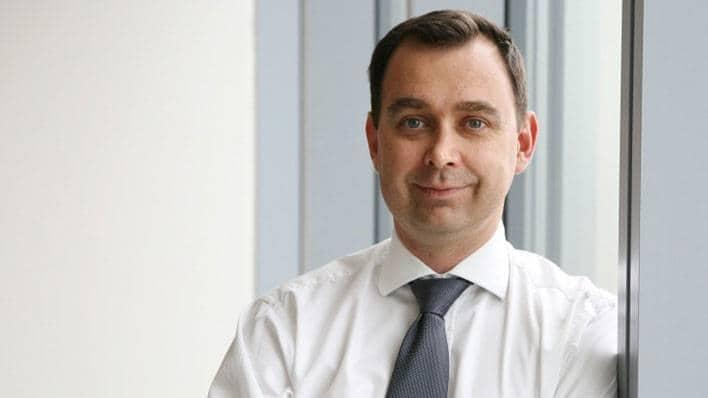
Why we’re embracing the sharing economy
The sharing economy is a unique opportunity for banks to access the best brains while nurturing innovation, according to Ian Rand, CEO of Business Banking at Barclays.
Rand, who features alongside other business leaders in a new BBC Radio 4 documentary on the sharing economy, challenges the idea that disruptive forms of banking, such as peer-to-peer lending and crowdfunding, should be seen in a negative light by major banks– providing, of course, they are willing to embrace innovation.
“It hasn’t really hit us because it’s complementary to the offering of a high street bank,” says Rand, whose remit covers small and medium enterprises (SMEs) with annual turnovers of less than £6.5m.
“Ultimately banks are successful when our clients and when businesses are successful, and if peer-to-peer helps those businesses become successful then that’s great. We see it as another product a client can take to help it grow.”
Ultimately banks are successful when our clients and when businesses are successful, and if peer-to-peer helps those businesses become successful then that’s great. We see it as another product a client can take to help it grow.
CEO of Business Banking at Barclays
In many other industries, the traditional players have reacted by simply buying up start-ups. However, Rand notes that this hasn’t really happened in financial services, where the response has tended towards partnership – as exemplified by Barclays initiatives such as Rise (a network of international hubs) and the Accelerator (the bank’s world-leading fintech development programme).
“So we will see banks sponsoring fintechs, helping them start up and then taking their products and services and using them and offering them to their clients. But there hasn’t been as much acquisition as we’ve seen in other industries.”
The benefits for those who embrace innovation go beyond products and services, however. With the natural difficulty of hiring entrepreneurs and taking them in-house, Rand expands the definition of the sharing economy. Looking outside Barclays while still nurturing innovation “is a way of getting access to the very best brains and the best ideas, and that innovation, and sharing in the success.”
Asked by the programme’s presenter, Mary Ann Sieghart, how many companies have become Barclays clients, Rand suggests that – tellingly – the question had been asked the wrong way round: “Perhaps the more interesting statistic is how many of those companies Barclays has ended up becoming the client of 70% of the businesses that have come through the Rise programme have ended up supplying into Barclays.”
He also describes how, in some ways, the sharing economy is taking banks back to their ‘coffee shop’ roots, drawing parallels to the collaboration apparent in the start-up scene.
“Think back 300 years. You probably could have walked into the coffee shops of Lombard Street and seen the first bankers sitting down with their clients taking part in the sharing economy of that time, as the banks helped connect suppliers with consumers and importers with exporters. And, of course, those coffee shops turned into branches and, in more recent times, into electronic exchanges of information.
“What we’ve seen really is the circle turn again and the physical proximity and space to enable people to share ideas over the coffee machine has become more and more important.”
Ian Rand features on BBC Radio 4’s ‘Standing Up to the Sharing Economy’, examining how companies are reacting to a new breed of innovators building peer-to-peer models.